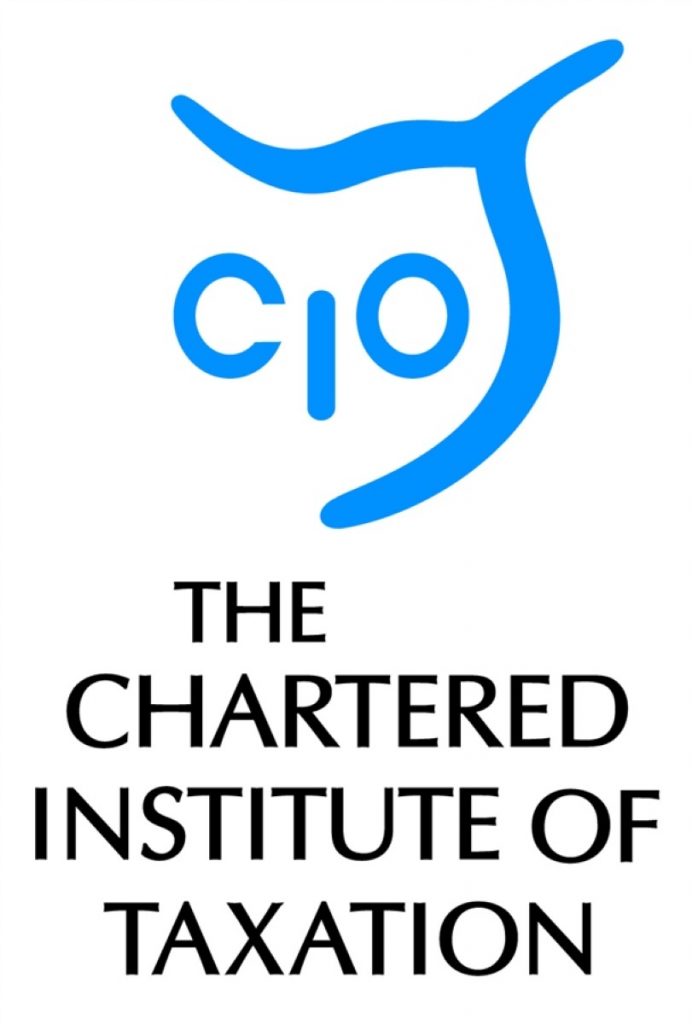Move to end taxation of trivial employee benefits backed by campaigners
The Low Incomes Tax Reform Group has backed new legislation to stop workers from facing tax charges on low value benefits they receive from their employers.
LITRG believes the current rules governing what constitutes a tax-free trivial benefit are too subjective and can leave employees shocked and confused as to why they end up having to foot a tax bill for receiving a minor item. The group supports the introduction of new, clearer, statutory rules on trivial benefits because it will reduce the costs and administration burdens for employers and HMRC – and also mean employees do not face an unexpected tax charge on items below £50 and which meet other new conditions for the exemption.
The changes should mean that receiving gifts such as a bottle of wine given to celebrate the birth of an employee’s child or book tokens or a bunch of flowers from a manager, will not cause the recipient a tax headache in the future.
However, LITRG has recommended that the new £50 statutory limit on each individual benefit that can be received without tax, be kept under constant review, something the Government is yet to commit to.
The tax campaigners are concerned about an oversight which is the effect of the exemption in relation to workers on tax credits, Universal Credit and means-tested benefits. Such people may not know whether they have to report a trivial benefit as income and there is a risk that such a minor benefit may impact on the amount of money they get in welfare payments.
Anthony Thomas, LITRG Chairman, said:
“We expect the change should mean that employees do not face the shock and confusion of a tax charge on items that neither they nor their employers in practical terms view as a taxable benefit. This should help companies with their administration of their businesses and frankly allow workers to enjoy what has been given to them without worrying about the cost.
“The new statutory exemption will help to clarify what is a trivial benefit in kind and we welcome a movement towards a more ‘principles based system’ rather than the current subjective one. It is vital that the £50 limit is kept up-to-date, otherwise the exemption will become obsolete very quickly and not provide the long term simplification of administration which this is designed to achieve.
“Legislation for tax credits, Universal Credit and means-tested benefits should be amended, if necessary, to ensure that exempt trivial benefits are ignored for these purposes. This is important, as the employee in receipt of the trivial benefit will have no record of its value.”
A trivial benefit will qualify for the exemption if it meets four conditions: it costs less than £50, it is not cash or a cash voucher, it is not part of a salary sacrifice arrangement and it is not provided in recognition of the employment. The changes will come into effect on 6 April 2016.
Notes for editors
1. LITRG’s response to the exemption from income tax for trivial benefits provided by employers, part of a wider consultation on draft clauses for Finance Bill 2016, can be viewed here.
2. The draft legislation should simplify the identification of benefits that should be considered trivial and therefore, exempt from both income tax and NIC.
3. Low Incomes Tax Reform Group
The LITRG is an initiative of the Chartered Institute of Taxation (CIOT) to give a voice to the unrepresented. Since 1998 LITRG has been working to improve the policy and processes of the tax, tax credits and associated welfare systems for the benefit of those on low incomes.
The CIOT is the leading professional body in the United Kingdom concerned solely with taxation. The CIOT is an educational charity, promoting education and study of the administration and practice of taxation. One of our key aims is to work for a better, more efficient, tax system for all affected by it – taxpayers, their advisers and the authorities. The CIOT’s work covers all aspects of taxation, including direct and indirect taxes and duties. The CIOT’s 17,500 members have the practising title of ‘Chartered Tax Adviser’ and the designatory letters ‘CTA’, to represent the leading tax qualification.





-01.png)